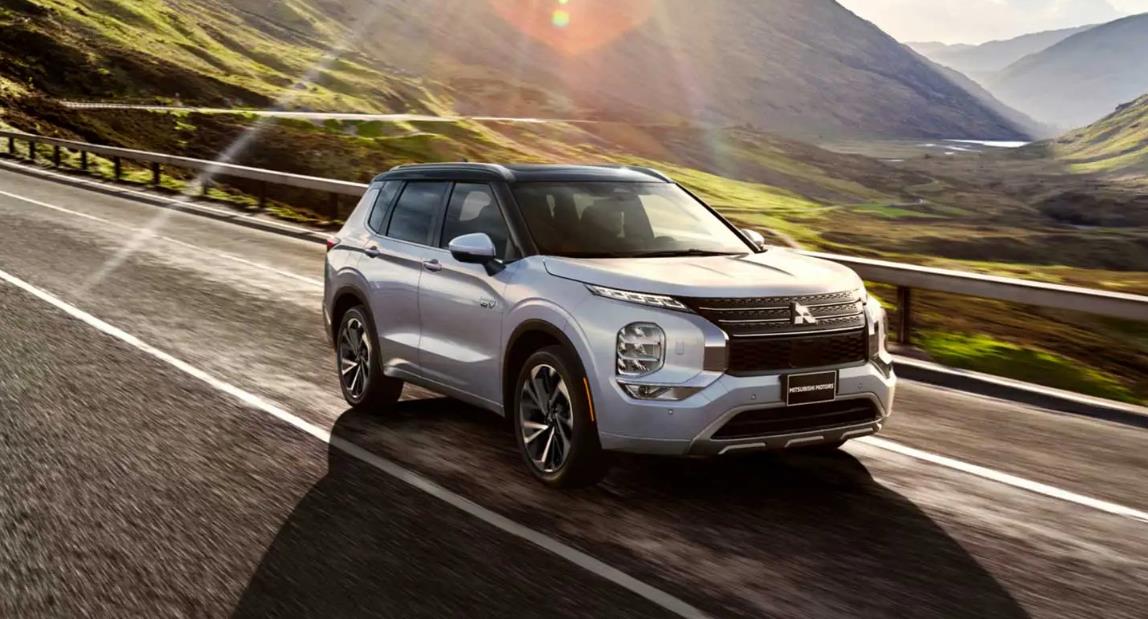Recently, Mitsubishi Motors announced a significant 84% year-on-year decline in operating profit for the first fiscal quarter (April to June), amounting to 5.6 billion yen (approximately 35.5 million USD). This decline is partly attributed to a negative impact of 14.4 billion yen from tariffs, indicating that the company is facing 'unprecedented challenges' since the imposition of a 25% tariff on vehicles by U.S. President Trump in April. During the same period, Mitsubishi's net income was 609.1 billion yen, a decrease of 3% year-on-year. The company's global vehicle sales stood at 194,000 units, remaining flat compared to the same period last year, with North America accounting for about 22% of total sales as a major market outside Southeast Asia. Although promotional expenses and tariff costs have negatively affected Mitsubishi's performance in the U.S. market, strong performance in Mexico and Canada led to a 5% increase in total sales in North America year-on-year. Last month, Mitsubishi raised the average price of its vehicles in the U.S. market by 6%. Since Mitsubishi does not have any vehicle assembly plants in the U.S., its sales in the market rely entirely on overseas production bases. To respond to Trump's tariffs, the company is considering producing vehicles at Nissan's plant in the U.S. Despite a trade agreement between the U.S. and Japan to reduce car tariffs and 'reciprocal' tariffs from 25% to 15%, Mitsubishi maintains its profit forecast unchanged for the fiscal year ending March 2026, while evaluating the impact of the agreement. Mitsubishi's Vice President and Chief Financial Officer Kentaro Matsuoka welcomed the reduction in U.S. tariff rates, stating that 'current business is affected by both positive and negative factors.' He added that 'the impact of (U.S.) tariffs on our business is extensive and profound, and we cannot be optimistic about the current situation.' Regarding the trade agreement between Japan and the U.S., Matsuoka noted, 'The future development after the agreement remains unclear. We need to evaluate carefully. In some cases, we may need to consider the risks of structural and environmental deterioration in the economy.' Matsuoka also mentioned in an online press conference that 'as other automakers shift their focus to exports to other regions, global sales competition is becoming increasingly intense.' He pointed out that as automakers move their attention away from the U.S. market, Europe and Southeast Asia have become new focal markets. In Mitsubishi's key Southeast Asian market, the company sold 54,000 vehicles from April to June, an 8.5% year-on-year decline. Additionally, Mitsubishi announced this week the termination of its joint venture in China - Shenyang Aerospace Mitsubishi Motors Engine Manufacturing Co., Ltd.'s engine production business. Matsuoka stated that this decision was made 'after a comprehensive assessment of our overall business in China.' He noted that against the backdrop of skyrocketing demand for new energy vehicles in China, the local auto industry is undergoing profound changes.
Mitsubishi Reports 84% Drop in Q1 Operating Profit Amid Tariff Challenges

Share this post on: